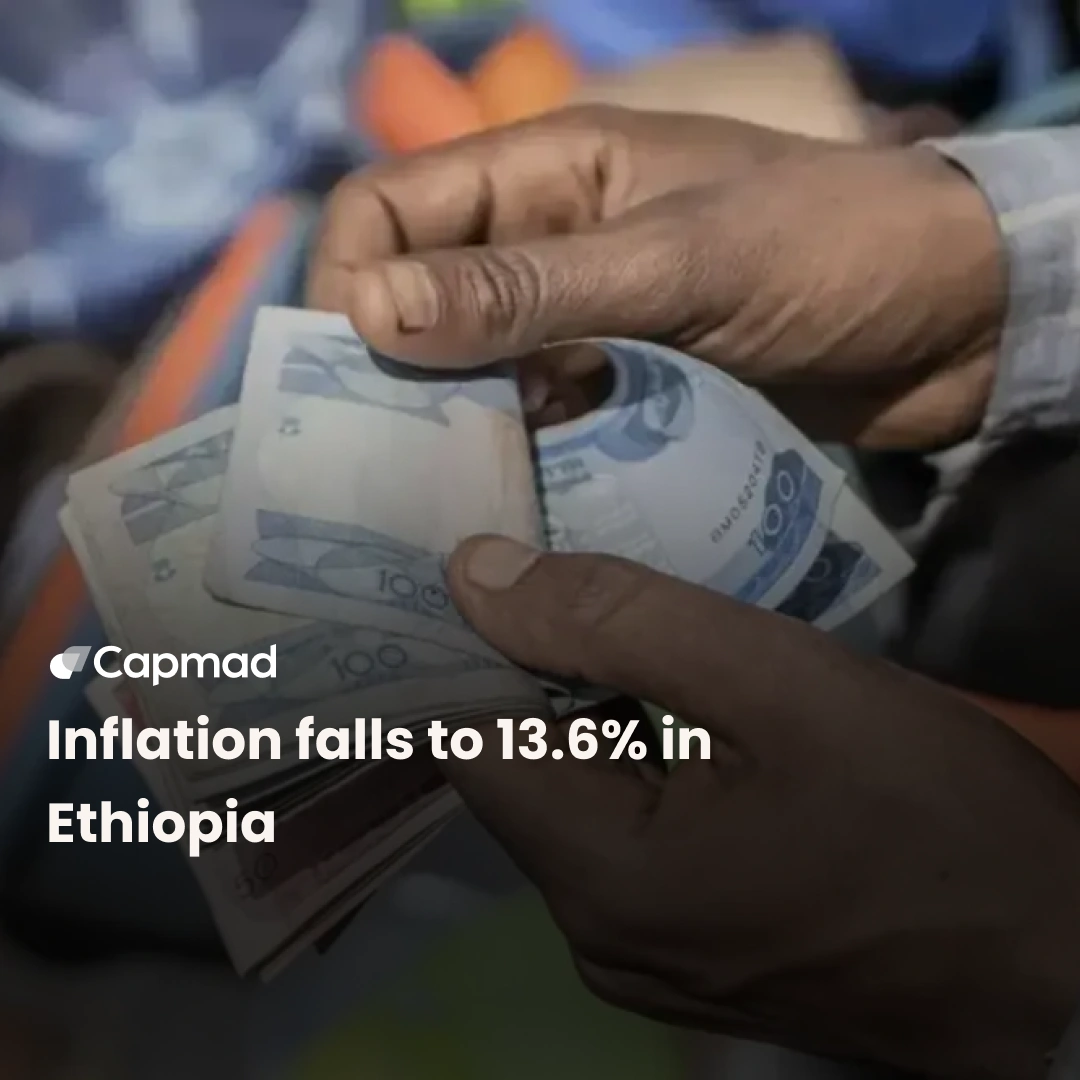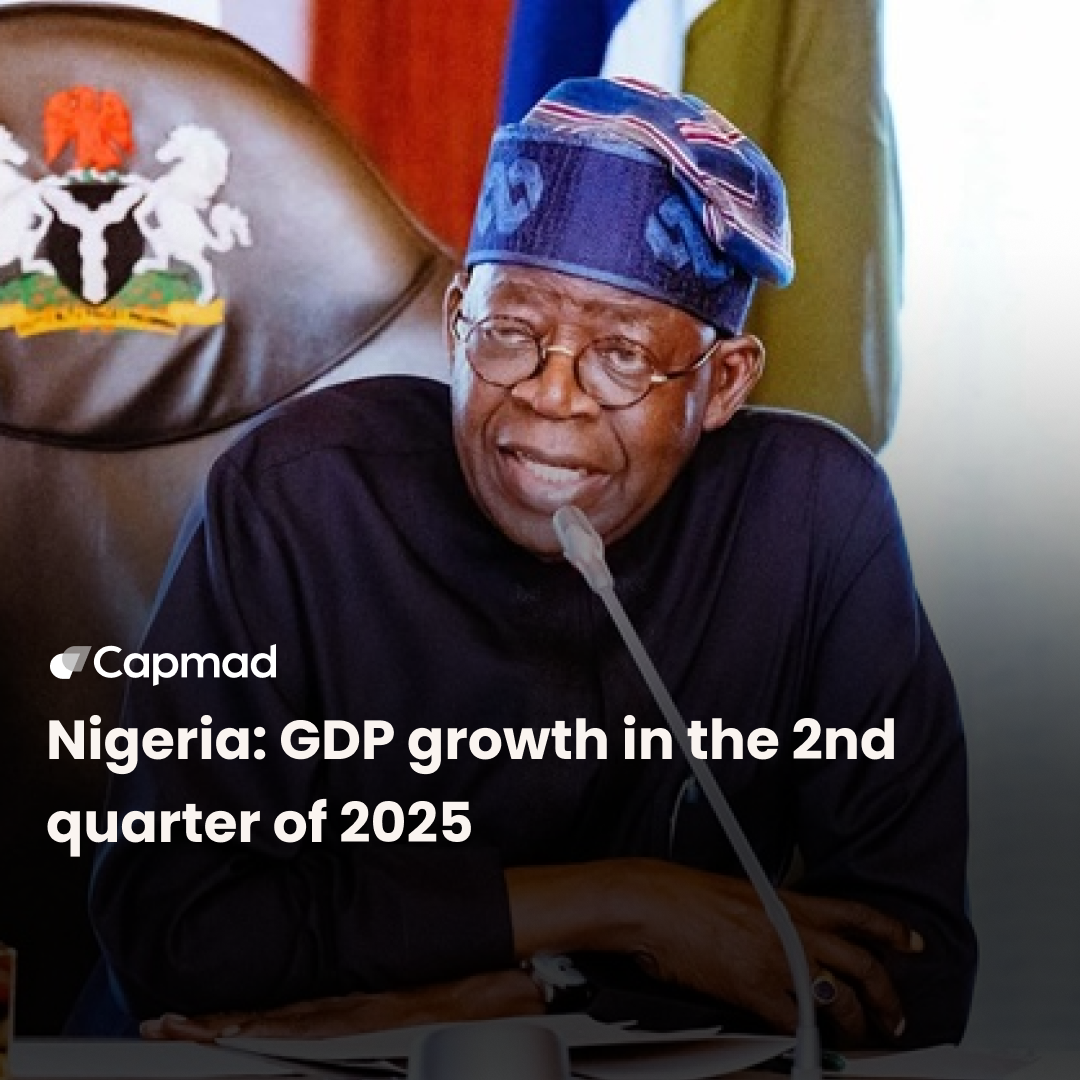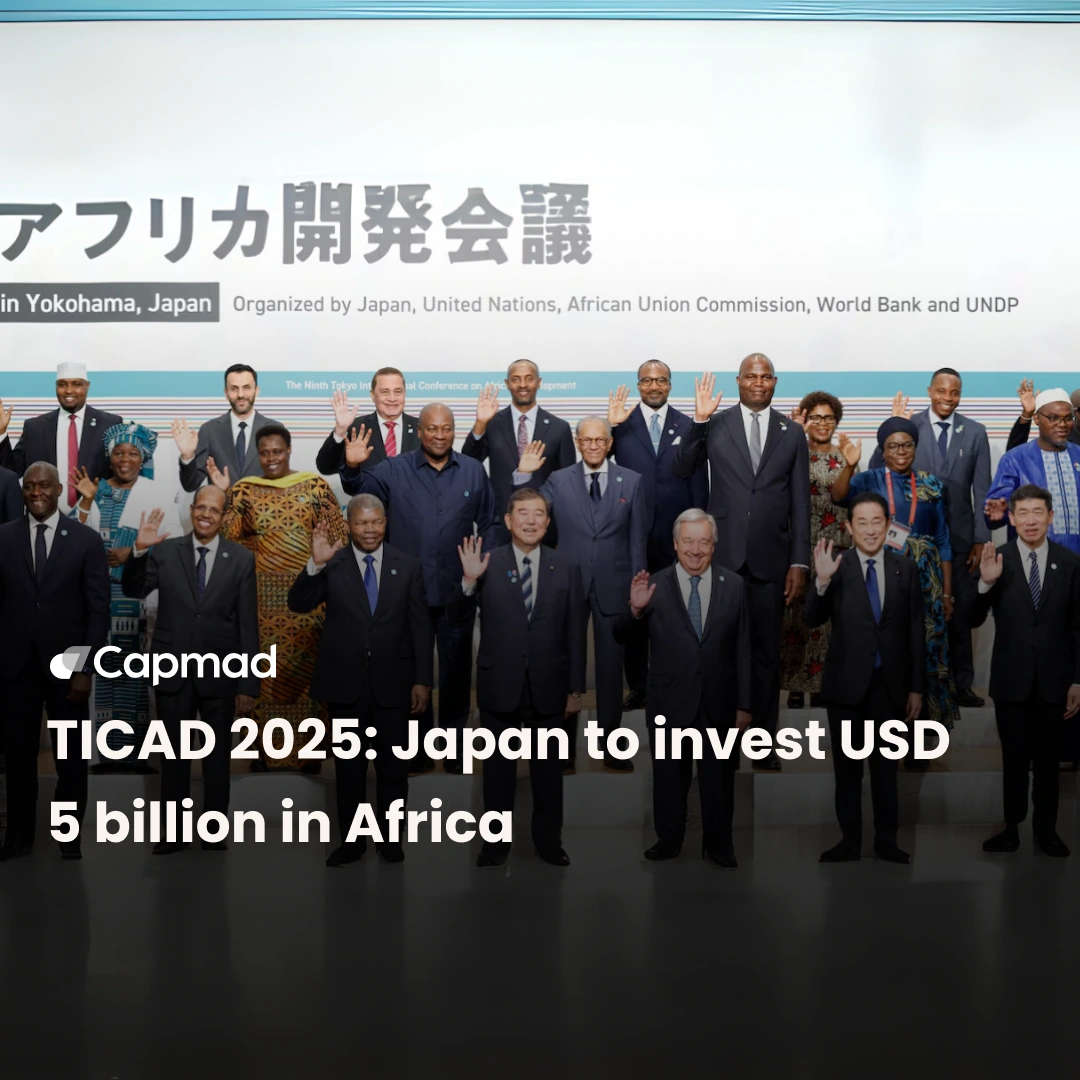In 2025, several sectors will stand out for their resilience in the face of global economic challenges, including health crises, commodity price fluctuations, and the impacts of climate change. Capmad explores the sectors showing the strongest economic resilience in Africa, drawing on recent figures and market analyses.
Agriculture: An Indispensable Pillar
Agriculture remains one of the most resilient sectors in Africa, representing approximately 15% of the continent’s GDP and employing nearly 60% of the labor force. In 2025, agricultural production grew by 4.5% per year, supported by investments in agricultural technologies and irrigation. For example, the Smart Agriculture program in East Africa has increased maize yields by 30% in three years.
Agricultural exports, particularly of coffee, cocoa, and fruit, have also increased, reaching 50 billion USD in 2024, with a forecast growth of 10% for 2025. This resilience is reinforced by growing global demand for sustainable and organic food products.
Information and Communication Technologies (ICT)
The ICT sector in Africa has experienced explosive expansion, with an annual growth rate of 10% by 2025. According to the International Telecommunication Union (ITU) report, the number of internet subscribers in Africa has reached 600 million, representing 45% of the population. This increased connectivity is enabling the development of digital services, Fintech, and health applications.
Companies like M-Pesa in Kenya have revolutionized financial transactions, with over 30 million active users. In 2024, investments in African tech startups reached USD 5 billion, a figure expected to continue growing, supported by international investment funds.
Renewable Energy: A Response to Energy Challenges
Africa has enormous potential for renewable energy, particularly solar, wind, and hydropower. In 2025, the renewable energy sector is expected to grow by 15% annually, with investments reaching USD 10 billion. Projects such as the Noor solar park in Morocco, which produces 580 MW, illustrate this trend.
Furthermore, access to electricity has increased, reaching 60% of the population by 2024, thanks to microgrid initiatives and off-grid solar solutions. This transition to sustainable energy sources is crucial to supporting economic growth and reducing dependence on fossil fuels.
Sustainable Tourism: A Post-Pandemic Renaissance
The tourism sector, hit hard by the COVID-19 pandemic, is showing signs of resilience in 2025. International tourist arrivals in Africa increased by 30% compared to 2023, reaching 70 million visitors. Destinations focused on sustainable tourism, such as Botswana and Rwanda, saw a significant increase in interest in eco-safaris and conservation initiatives.
Tourism accounts for approximately 8% of Africa’s GDP and generates millions of jobs. Governments and businesses are investing in sustainable infrastructure to attract visitors while preserving the environment.
Healthcare: A Growing Priority
The healthcare sector in Africa has shown remarkable resilience, especially after lessons learned from the pandemic. In 2025, healthcare spending increased by 12% annually, reaching USD 200 billion. Investments in healthcare infrastructure, medical technologies, and research have improved access to care.
Initiatives such as the Global Alliance for Vaccine Development (GAVI) have strengthened vaccination programs, increasing childhood vaccination rates to 80% by 2024. Digital health, with telemedicine applications, has also gained popularity, facilitating access to care in rural areas.
Conclusion
In 2025, Africa stands out for the resilience of several key sectors, including agriculture, ICT, renewable energy, sustainable tourism, and healthcare. These sectors not only support economic growth but also contribute to sustainability and improved living conditions on the continent.
While Africa continues to face challenges, these sectors offer promising opportunities for a prosperous and sustainable future. Strategic investments and innovation will be essential to capitalize on these trends and ensure inclusive growth for all Africans.






